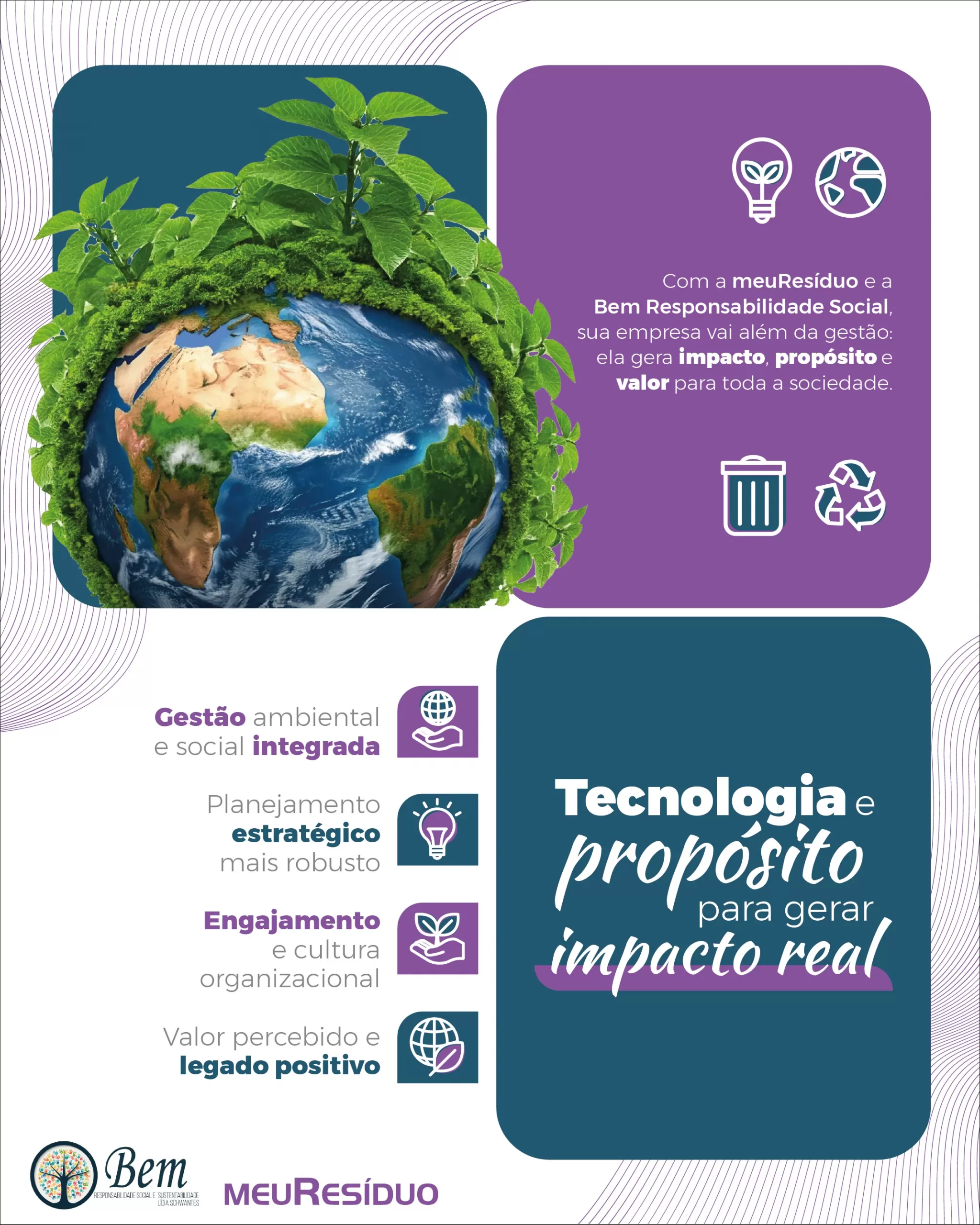
The Canadian government will contribute C$10.8 million toward creative plans of action that prevent or redirect food waste any time in the food production network. Minister of Agriculture and Agri-Food Marie-Claude Bibeau dispatched the initial two stages or streams of the Food Waste Reduction Challenge which is essential for the Food Policy for Canada.
Financing will be granted according to the creative techniques that have the capability of decreasing the most measure of food waste. The program centers on new trailblazers hoping to quicken and develop their answers and who might not have the vital assets.
The greater part of Canada’s food supply is wasted every year and C$49.5 billion of that wasted food is avoidable, as indicated by government gauges. Food waste happens through creation, handling, dispersion, and retail, foodservice and at home.
Now the question arises, Why Canada is so much into food waste?
Source: The Conversation
This issue isn’t a direct result of COVID-19, The report, named “The Avoidable Crisis of Food Waste,” was published in 2019, as indicated by which an incredible 58 per cent of all food created in Canada-35.5 million tons is lost or wasted.
As per the examination, some 4.82 million tons of food, or almost $21 billion worth, is lost or wasted during the handling and assembling measure. Some 2.38 million tons of food, or more than $10 billion worth, is lost at the shopper level.
Altogether, the estimation of all food that is lost or wasted in Canada is a faltering $49 billion, the report says. The measure of food is sufficient to take care of each Canadian for at least 5 months.
Furthermore, waste accompanies by ecological effects. Every year, food waste in Canada makes some 56.6 million tons of carbon dioxide-equal emanations, as per the report. Food in landfills additionally makes methane gas, which is multiple times more harming to the climate than carbon dioxide.
This problem became worse during COVID-19-:
Because of the COVID-19 pandemic, Canadians are purchasing more food and cooking at home more regularly. Diminishing food waste at home is snappy and simple and can assist you with getting your food, set aside your cash, and lessen your excursions to the market. Some food waste, for example, bones, eggshells, tea packs, organic product centres and strips, is unavoidable.
Nonetheless, more than 50% of food wasted in Toronto single-family homes is avoidable, including extras and immaculate food that might have been eaten at a certain point.
We regularly waste great food since we purchase excessively, cook excessively, or don’t store it effectively. It’s assessed that avoidable food waste costs the normal Canadian family unit over $1,100 every year.
Norvergence LLC: How to decrease food wastage in Canada?
Following are the tips to reduce your food waste:
- Invest some energy toward the end of the week planning meals for the next week.
- Check your refrigerator, cooler and pantries prior to shopping. See what should be spent and afterwards think about a feast to make with those things.
- To safeguard freshness and sustenance, use perishables like fish and meat prior in the week and save staples (pasta, dairy, eggs) for later in the week.
- Purchase new vegetables in more modest sums and utilize frozen vegetables to fill in the holes.
- Keep food fresh more by putting away it in the right spot and setting the temperature in your fridge to 4°C or lower.
- Set one produce cabinet too high moistness to store vegetables that shrink, as verdant greens, and another produce cabinet to low stickiness for products of the soil vegetables that produce ethylene, similar to apples and peppers.
- Freeze things to make them last more. Bread can last as long as a quarter of a year in the freezer, chicken can last as long as nine months and most vegetables can be frozen for a very long time to a year.
- Splash withered vegetables like celery, lettuce, broccoli or carrots in a bowl of ice water for 5-10 minutes to revitalize them.
- A best before date isn’t equivalent to the termination date. In the event that a bundle has stayed unopened even after the best before date, it can, in any case, be of acceptable quality and freshness, as long as it has been put away appropriately.
Conclusion
Food waste is becoming an alarming issue day by day in Canada. Though Norvergence scientists have been trying to decrease it with the help of many independent organizations, the real help will be when local Canadians realise their responsibility and start adopting sustainable practices and various food waste management techniques.

https://www.linkedin.com/in/george-stacey-/
https://twitter.com/Stacey_Georgee




